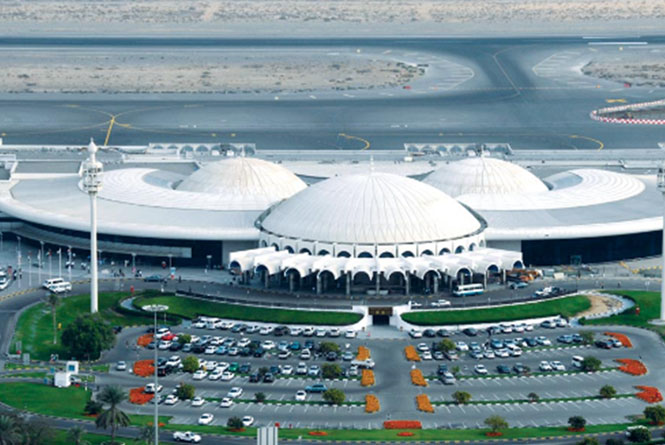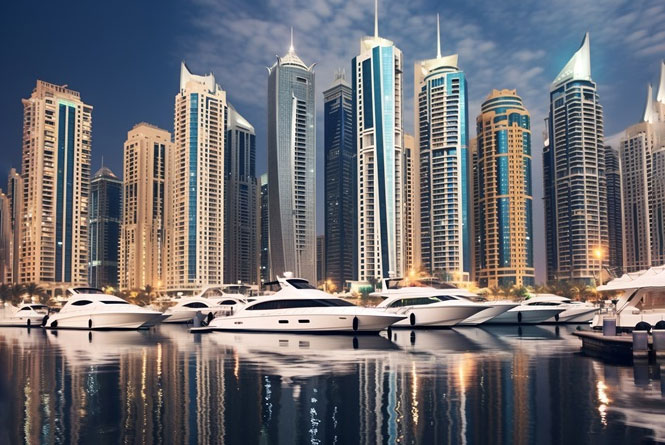Choosing the right jurisdiction for your business is one of the most critical decisions an entrepreneur or investor will make when setting up a company in the United Arab Emirates. The choice fundamentally boils down to two primary options: a freezone license or a mainland license. While both offer a pathway to operating in one of the world's most dynamic economies, they are governed by distinct rules, offer different benefits, and are suited for different business models. Understanding the difference between freezone and mainland license structures is not just a formality; it's a strategic necessity that will impact your operational scope, costs, and long-term growth potential.
This article provides a detailed, side-by-side comparison to help you navigate this crucial choice. We will dissect the key aspects, from ownership and operational territory to cost implications and legal frameworks, giving you a clear picture of which option aligns best with your commercial ambitions.

The most fundamental difference between freezone and mainland license lies in the geographical and legal territory in which the business is permitted to operate.
A mainland license is issued by the Department of Economic Development (DED) in the respective emirate (e.g., Dubai DED, Abu Dhabi DED). This license allows a company to conduct business anywhere within the UAE market, including the mainland and the various free zones, without restrictions. A mainland company can directly tender for government contracts and supply goods and services to the local UAE market without needing an intermediary. This makes it the preferred choice for businesses whose primary target market is within the UAE itself.
In contrast, a freezone license is issued by the specific Free Zone Authority (e.g., Dubai Multi Commodities Centre - DMCC, Jebel Ali Free Zone - JAFZA). Free zones are designated geographical areas that offer special incentives, such as tax exemptions and custom duty benefits, to attract foreign investment. However, the operational scope of a freezone company is primarily confined to the freezone itself. While a freezone company can conduct business internationally and with other freezone entities without any hindrance, doing business directly with the UAE mainland requires engaging a local distributor or agent. This key restriction is a pivotal factor in the decision-making process.
Ownership regulations represent another stark difference between freezone and mainland license setups, directly impacting the level of control a foreign investor can exert.
For a mainland license, the general rule (with some modern exceptions in specific sectors) has been that a UAE national must own at least 51% of the company's shares. This requirement ensures local participation. However, in practice, many businesses operate under a legal framework where the local partner's role is that of a sponsor, and profits are distributed according to a separate, privately held agreement. It is crucial to have such agreements meticulously drafted and notarized. Recent legislative changes, particularly following the introduction of the Commercial Companies Law in 2021, have allowed for 100% foreign ownership in many sectors on the mainland, but this is not yet universal and is subject to specific conditions and approvals.
A freezone license, on the other hand, was specifically designed to allow 100% foreign ownership. There is no requirement for a UAE national to hold shares or act as a sponsor. This gives international entrepreneurs complete control over their company's equity, management, and profit distribution. This freedom is a primary reason why free zones have been immensely popular with expatriates and foreign corporations looking to establish a presence in the region.
The range of permissible business activities and the corresponding legal structure also highlight a significant difference between freezone and mainland license options.
Mainland licenses typically offer a very broad and flexible scope of activities. A single mainland company can often be licensed for multiple, unrelated activities (e.g., trading, consulting, and general services), providing significant operational versatility. The legal structures available on the mainland include Limited Liability Company (LLC), Sole Establishment, and Civil Company, among others, with the LLC being the most common for foreign investors.
Freezone licenses are usually more specific. Each freezone tends to specialize in certain industry sectors (e.g., media in Dubai Media City, technology in Dubai Internet City, commodities in DMCC). The business activity listed on the license must align with the freezone's focus. While some free zones offer a degree of flexibility, it is common for a company to be limited to one or two closely related activities. Furthermore, the legal structures are defined by the freezone authority and are typically variations of a Free Zone Establishment (FZE) for a single shareholder or a Free Zone Company (FZC) for multiple shareholders. These are distinct from mainland legal forms.

The requirements for a physical office space are another area where the difference between freezone and mainland license is evident, impacting both cost and operational flexibility.
A mainland company is generally required to have a physical office space or warehouse, depending on its activity. This space must meet the tenancy regulations of the emirate and an Ejari (tenancy contract) is mandatory for the licensing process. This ensures a tangible presence within the local community but also represents a fixed operational cost.
Freezone companies offer more varied options. While most free zones require a physical office or at least a flexi-desk, many have introduced innovative solutions like "virtual office" or "smart office" packages. These packages provide a business with a prestigious address, mail handling, and access to meeting rooms without the need for a dedicated, full-time office space. This flexibility can significantly reduce setup and operational costs, especially for service-based businesses or startups that do not require a permanent physical office.
Finally, the financial aspect, including setup costs, annual fees, and the evolving tax landscape, is a crucial point of comparison when examining the difference between freezone and mainland license.
Setting up a mainland company can involve higher initial costs due to factors like sponsor fees (if applicable), higher office rental costs in prime mainland locations, and DED fees. Annual renewal costs also include license renewal, tenancy contract renewal, and potential sponsor fees. However, the ability to trade directly with the entire UAE market can lead to higher revenue potential, which may offset these costs.
The setup cost for a freezone license varies greatly depending on the chosen freezone. Prestigious free zones like DMCC tend to be more expensive, while others offer more cost-effective packages. The annual fees are typically more transparent, often bundled into a single renewal payment to the freezone authority, covering the license, registration, and office space (if applicable). A key historical advantage has been the corporate tax exemption offered by free zones for extended periods (often 15-50 years). With the introduction of a federal Corporate Tax in June 2023, this landscape has changed. The new law recognizes Free Zone Persons as "Qualifying Free Zone Persons" who can benefit from a 0% Corporate Tax rate on Qualifying Income, provided they meet specific conditions and do not conduct business with the UAE mainland. This solidifies the tax advantage for free zones but ties it directly to their operational model of focusing on international and freezone-to-freezone business.
The decision between a freezone and a mainland license is not about which is objectively better, but about which is the right fit for your specific business goals. The difference between freezone and mainland license is profound and strategic.
Choose a mainland license if:
Your primary target market is within the UAE.
You need to conduct business directly with government entities.
You require a physical storefront or warehouse accessible to the local population.
Your business model involves multiple, diverse activities under one license.
Choose a freezone license if:
Your business is focused on international markets or other freezone companies.
You require 100% ownership and control without the need for a local partner.
You seek to benefit from a streamlined setup process and potential cost savings on office space.
Your business activity aligns with the specialization of a particular freezone.
Ultimately, carefully weighing these factors against your business plan is essential. Consulting with a reputable business setup consultant can provide tailored advice, ensuring that the license you choose becomes a solid foundation for your success in the UAE.










Zhuoxin Consulting relies on its Chinese service network and Dubai executive team to provide professional one-stop business services without communication barriers for Chinese companies to enter the Middle East market. Its business covers company establishment and maintenance, accounting and taxation, bank account opening, PRO services and business services.
Zhuoxin Consulting has high-quality business resources and maintains close cooperation with many free zones, bankers and tax departments in the UAE to escort your expansion in the Middle East market.
 Add WeChat
Add WeChat